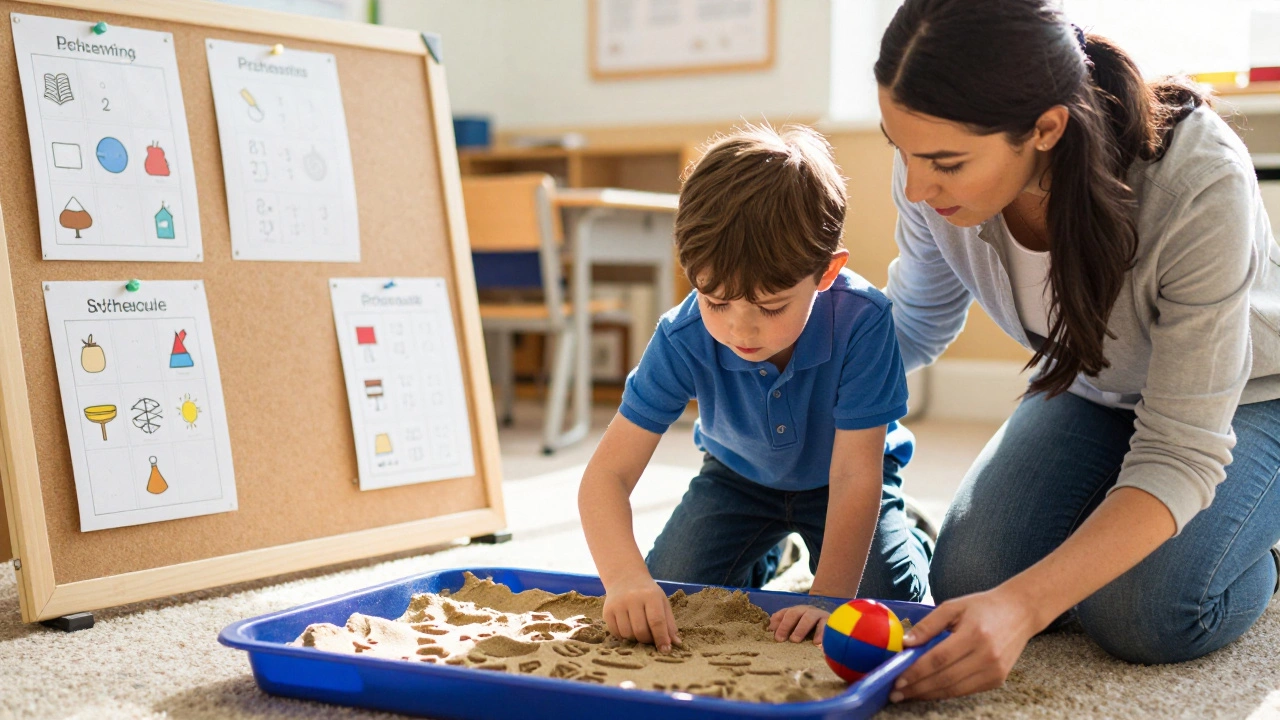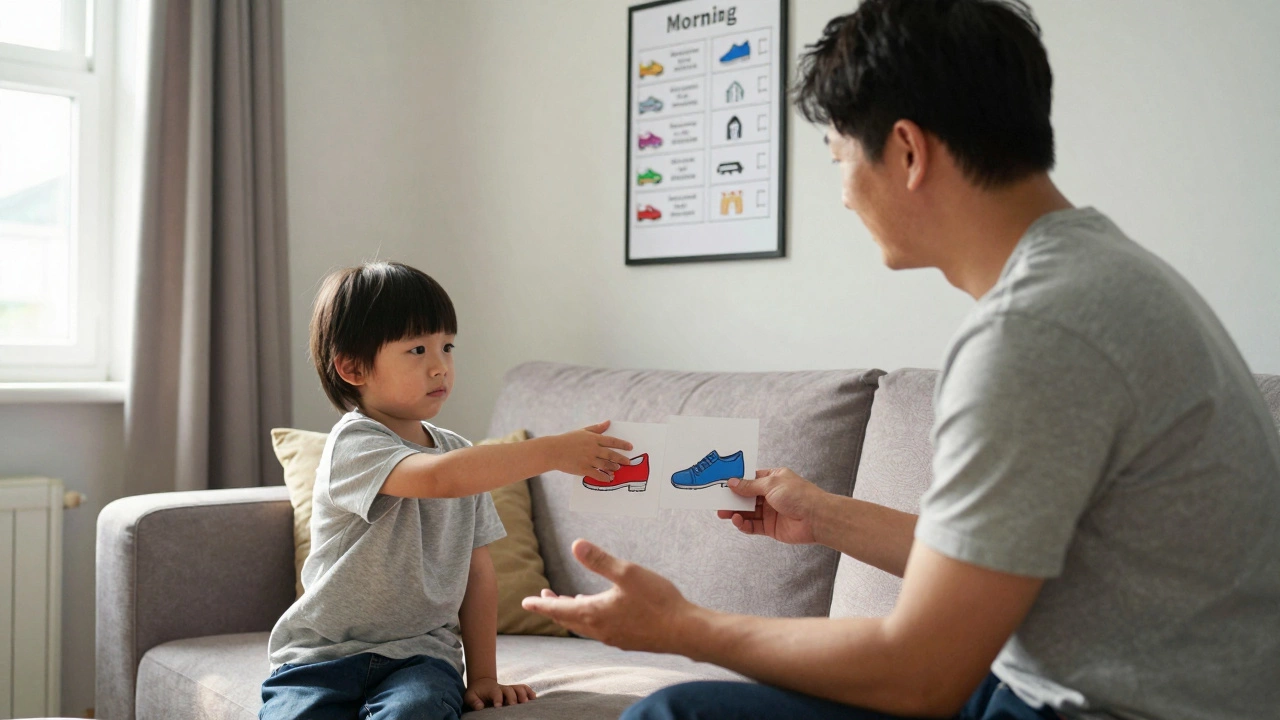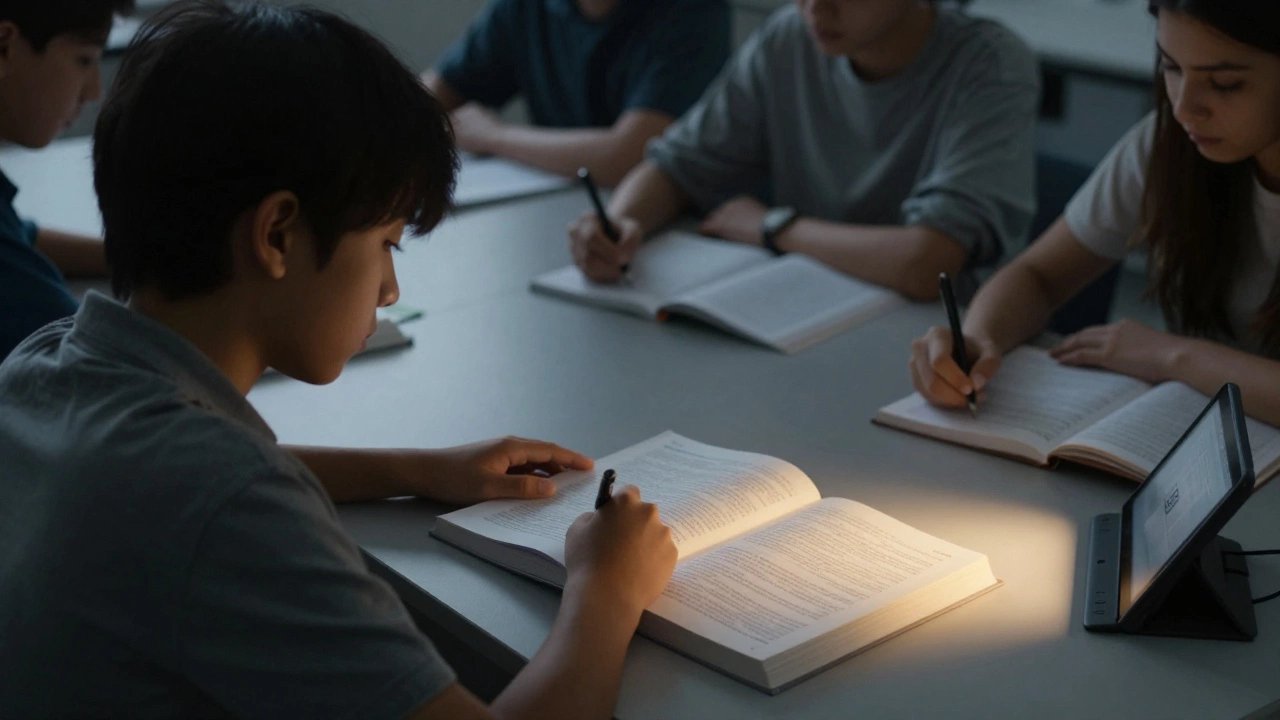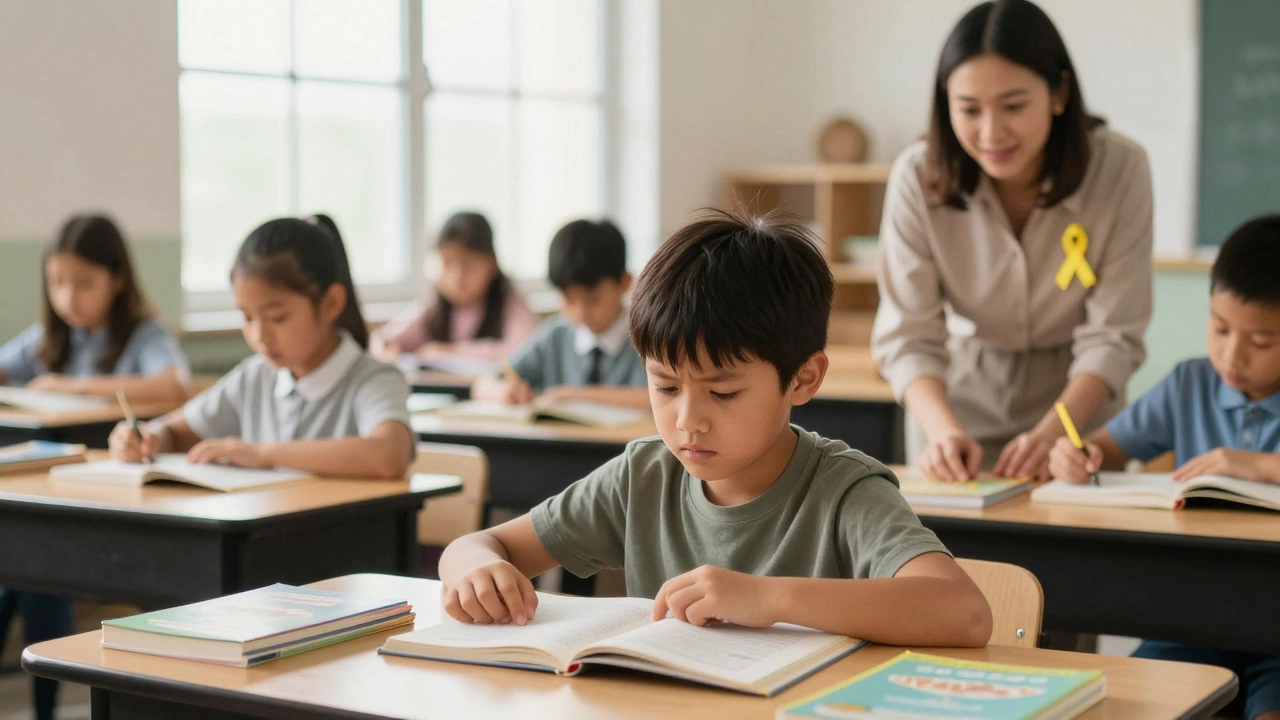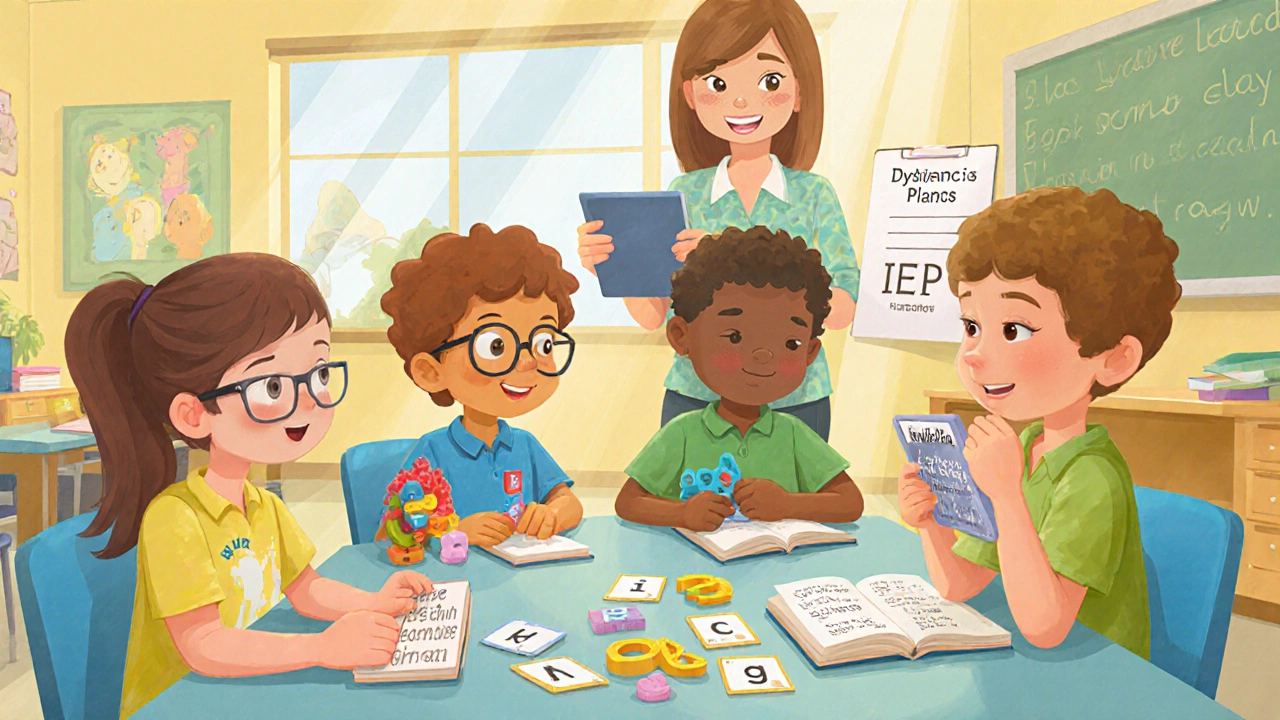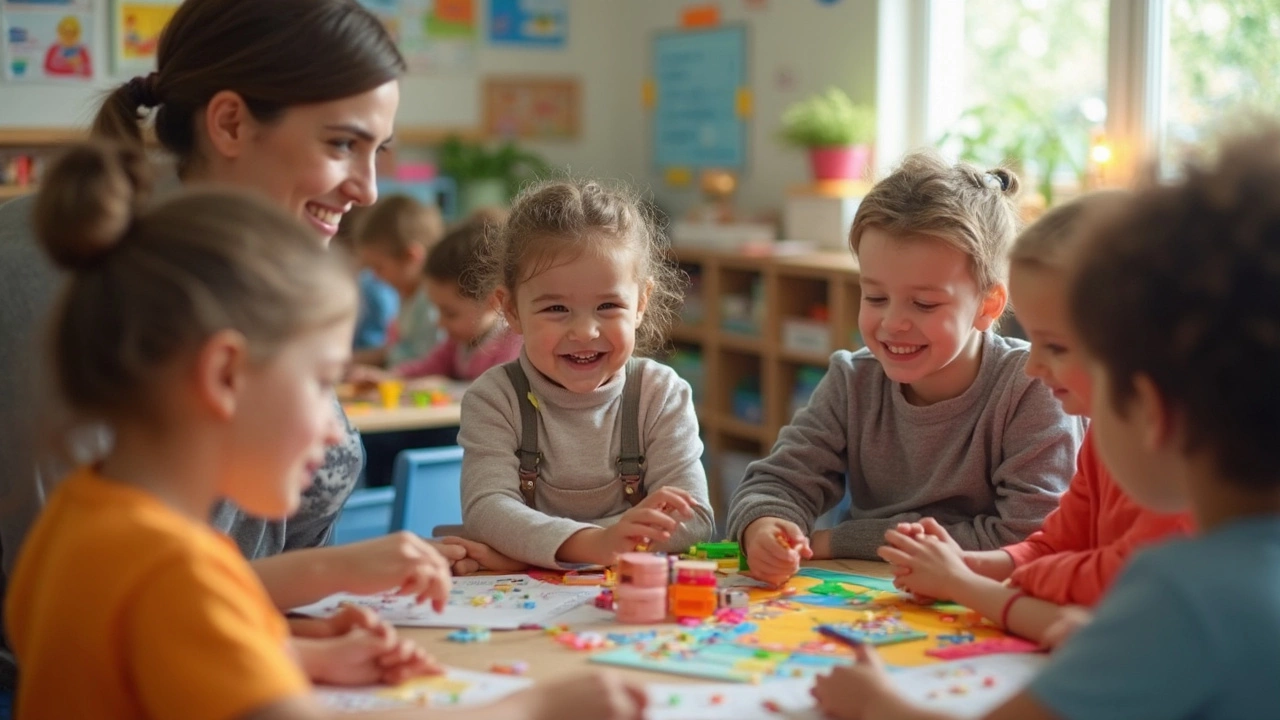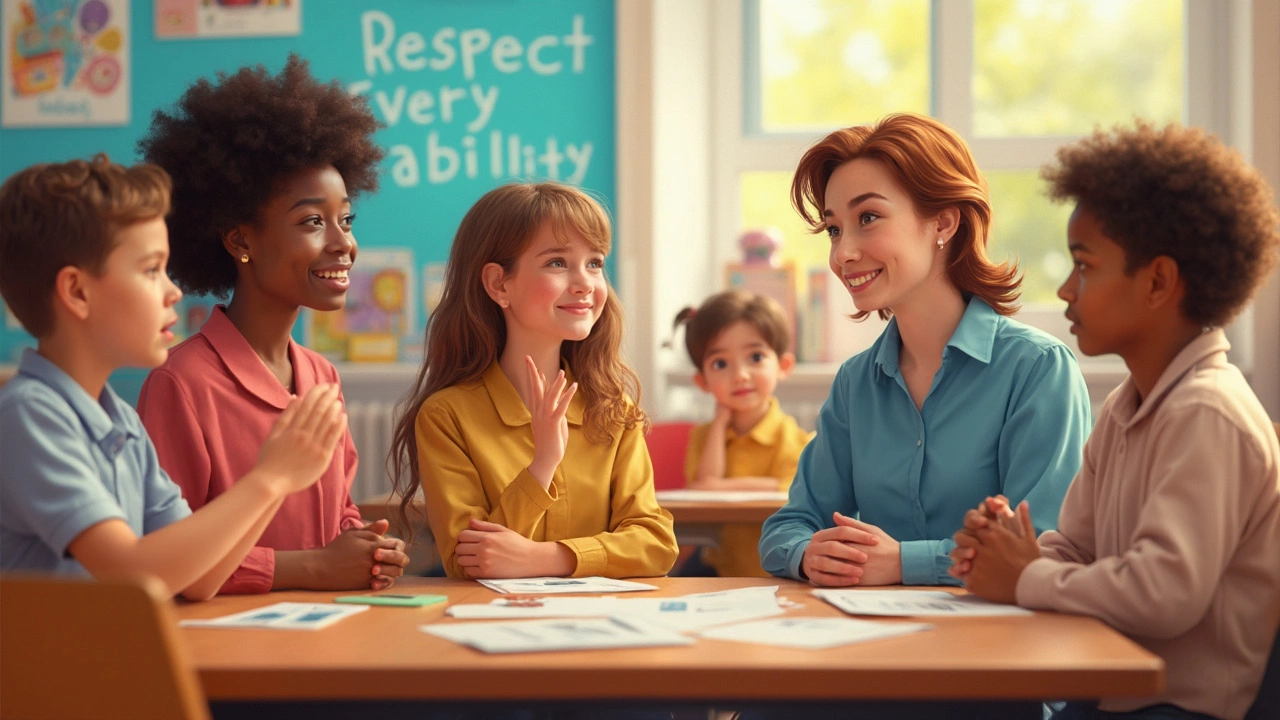Special Needs Education – What You Need to Know
Talking about special needs can feel overwhelming, but you don’t have to go it alone. Whether you’re a parent dropping your child off at Nottingham Nursery School or a teacher planning the next lesson, the right information makes a big difference. Below you’ll find straight‑forward advice on the most common topics – from autism support to inclusive language – plus quick links to deeper reads.
Understanding Common Challenges
Kids with special needs aren’t all the same, but most fall into a few broad groups: learning differences (like dyslexia or ADHD), developmental conditions (such as autism), sensory sensitivities, and emotional‑behavioral challenges. Recognising which area a child struggles with helps you pick the right tools. For example, a child with sensory overload may need a quiet corner and noise‑reducing headphones, while a child with dyslexia benefits from multi‑sensory reading tricks.
One article that breaks this down well is Understanding the Four Major Types of Special Needs in Children. It explains each type with real‑life examples, so you can spot signs early and talk with teachers confidently.
Practical Tips for Home and School
Here are three go‑to strategies you can start using today:
- Set up predictable routines. Kids with special needs thrive on consistency. Use visual schedules at home and in the classroom to show what’s coming next.
- Use person‑first language. Saying “a child with autism” rather than “an autistic child” respects the person before the label. Our guide Understanding the Language of Special Needs Education for Children gives more handy phrasing tips.
- Break tasks into small steps. Instead of “clean your room,” try “pick up toys,” then “put books on the shelf.” Small wins build confidence.
If you’re looking for deeper dives, check out Snap Autism: Understanding This Special Needs Education Approach for a focused look at a specific autism strategy, or read Most Common Special Educational Needs: What Parents and Teachers Should Know for a quick overview of the top conditions seen in schools.
Transitioning to adulthood is another big milestone. Our article Special Needs Kids: What Really Happens When They Grow Up? outlines changes in support services, legal rights, and employment options. Knowing what to expect eases the planning stress for families.
Finally, remember that every child’s journey is unique. Some students may move out of special ed as they grow, while others continue to need support. Can a Child Grow Out of Special Ed? Answers You Won’t Find in the Brochures discusses how decisions are made and what signs to watch for.
At Nottingham Nursery School we blend these proven ideas with play‑based learning, so each child feels safe, understood, and ready to explore. Use the resources above as a launchpad, adapt them to your child’s personality, and reach out to our staff for personalized advice.
Got a question that isn’t covered here? Drop us a note – we love helping families turn information into action.
What Are the 5 Levels of ADHD? Understanding Severity and Support in Special Needs Education
ADHD isn't one-size-fits-all. Learn how symptoms range from mild forgetfulness to complex systemic challenges, and what real support looks like in special needs education.
How to Handle Children with Special Needs in Everyday Learning
Learn practical, real-world strategies for supporting children with special needs in school and at home. Focus on individualized approaches, communication, strengths-based learning, and collaboration to help every child thrive.
How to Deal with a Defiant Special Needs Child: Practical Strategies That Work
Learn practical, science-backed ways to reduce defiance in children with special needs. Discover how visual schedules, choice-making, and calm communication can transform daily challenges into moments of connection.
What Is the Biggest Problem for Students with Learning Disabilities?
The biggest problem for students with learning disabilities isn't their condition-it's a rigid education system that doesn't adapt to how they learn. Stigma, lack of training, and outdated teaching methods create barriers that no amount of effort can overcome.
What Is the Most Common Learning Disability in Students?
Dyslexia is the most common learning disability in students, affecting 15-20% of the population. It impacts reading, spelling, and language processing-but with the right support, kids can thrive.
Raising a Special Needs Child: Challenges, Strategies, and Support
Explore the real challenges of raising a special needs child, practical strategies, essential support systems, and resources for confident parenting.
When Do Learning Disabilities Usually Disappear? Age Guide & What to Expect
Learn when learning disabilities typically improve, key factors that help, and how to support children from preschool through adulthood.
Snap Autism: Understanding This Special Needs Education Approach
Ever heard someone mention 'snap autism' and wondered what it means? This article breaks down what 'snap autism' actually refers to, why it matters in special needs education, and how it can benefit kids with autism. You'll also get practical tips, interesting facts about how the approach works, and ways families and teachers can support children more effectively. This is for anyone curious about unique autism strategies in schools. Clear answers, no jargon—just what you need to know.
Children with Special Needs: Is This Phrase Still OK to Use?
Is it still appropriate to say 'children with special needs'? This article breaks down what the term means, why some people avoid it, and what alternatives are being used in schools and communities today. Discover common pitfalls and real-life tips on talking about disabilities with respect. The language around special needs is changing every year—stay updated and inform your daily conversations. We’ll cut through the confusion and show you practical ways to communicate clearly and kindly.
Special Needs Kids: What Really Happens When They Grow Up?
This article digs into what life looks like for special needs kids once they turn 18. It explains the big changes in support, legal rights, work, and independent living options. You'll find practical tips for parents on planning ahead and getting through red tape. The challenges aren't sugar-coated, but there are bright spots and success stories too. If you know or love someone with special needs, this is a must-read for tackling adulthood confidently.
Special Needs in Education: What Does It Really Mean?
What does 'special needs' actually mean in education? This article makes sense of the label, clears up common myths, and dives into how schools adapt for different learners. Get clear examples of the kinds of challenges students face and practical tips for supporting them. Perfect for anyone who wants to understand inclusive education better—whether you’re a parent, teacher, or just curious.
Most Common Special Educational Needs: What Parents and Teachers Should Know
This article breaks down the most common special educational needs in schools. It uses real-life tips and facts to help parents, teachers, and caregivers spot and support children who learn differently. You'll get clear explanations of each need and spot easy signs to look out for. Simple advice will help anyone who wants to make classrooms and homes more inclusive. No jargon—just the stuff that matters.

